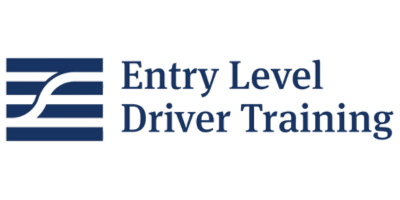What Makes A Driver Hirable
Jason Boudreau • February 20, 2025
In the competitive landscape of commercial trucking, CDL (Commercial Driver's License) training providers play a pivotal role in shaping drivers who are not only proficient behind the wheel but also highly appealing to potential employers. To enhance the employability of their graduates, training programs must go beyond basic driving instruction, focusing on a comprehensive curriculum that addresses both technical and soft skills.

Comprehensive Curriculum Development
Employers seek drivers equipped with a diverse skill set that ensures safety, efficiency, and professionalism. Training providers should incorporate the following into their programs:
- Safety Protocols:
Emphasize defensive driving techniques, hazard recognition, and adherence to Department of Transportation (DOT) regulations. A strong foundation in safety not only protects the driver but also enhances the company's reputation.
- Vehicle Maintenance:
Teach basic troubleshooting and preventive maintenance skills. Drivers who can identify and address minor mechanical issues can prevent costly breakdowns and delays.
- Time Management and Route Planning: Instruct on efficient route planning, understanding Hours of Service (HOS) regulations, and effective time management to ensure timely deliveries.
- Customer Service Skills: Since drivers often represent the company to clients, training in communication and customer service is essential. Professional interactions can lead to repeat business and positive reviews.
Integration of Advanced Endorsements
Offering training for additional endorsements can significantly boost a graduate's employability:
- Hazardous Materials (HazMat) Endorsement:
Enables drivers to transport hazardous materials, opening opportunities in specialized sectors. This requires rigorous training and passing specific tests to ensure safety and compliance.
- Tanker and Doubles/Triples Endorsements:
Equips drivers to handle tank vehicles and multiple trailers, skills that are in demand in various industries.
Incorporating these endorsements into the training program can make graduates more versatile and attractive to employers.
Development of Soft Skills
While technical skills are paramount, soft skills enhance a driver's effectiveness:
- Stress Management: Teach techniques to handle the stresses of long hauls, tight schedules, and unforeseen challenges on the road.
- Adaptability and Problem-Solving:
Encourage critical thinking and flexibility to navigate unexpected situations, such as route changes or vehicle issues.
By focusing on these areas, CDL training providers can produce well-rounded, highly skilled drivers who meet the evolving demands of the trucking industry, thereby enhancing their employability and success in the field.
Conclusion
To ensure CDL graduates are highly hireable, training providers must go beyond basic driving instruction and focus on a well-rounded curriculum. A comprehensive training program that emphasizes safety protocols, vehicle maintenance, time management, and customer service will help students become reliable and professional drivers. Additionally, offering advanced endorsements, such as HazMat and tanker certifications, can significantly expand employment opportunities by making graduates more versatile and appealing to a broader range of employers.
Equally important is the development of soft skills, including stress management, adaptability, and problem-solving, which allow drivers to navigate the challenges of life on the road effectively. By combining technical expertise with these critical soft skills and specialized endorsements, CDL training providers can ensure their graduates stand out in a competitive job market and meet the evolving needs of the trucking industry.
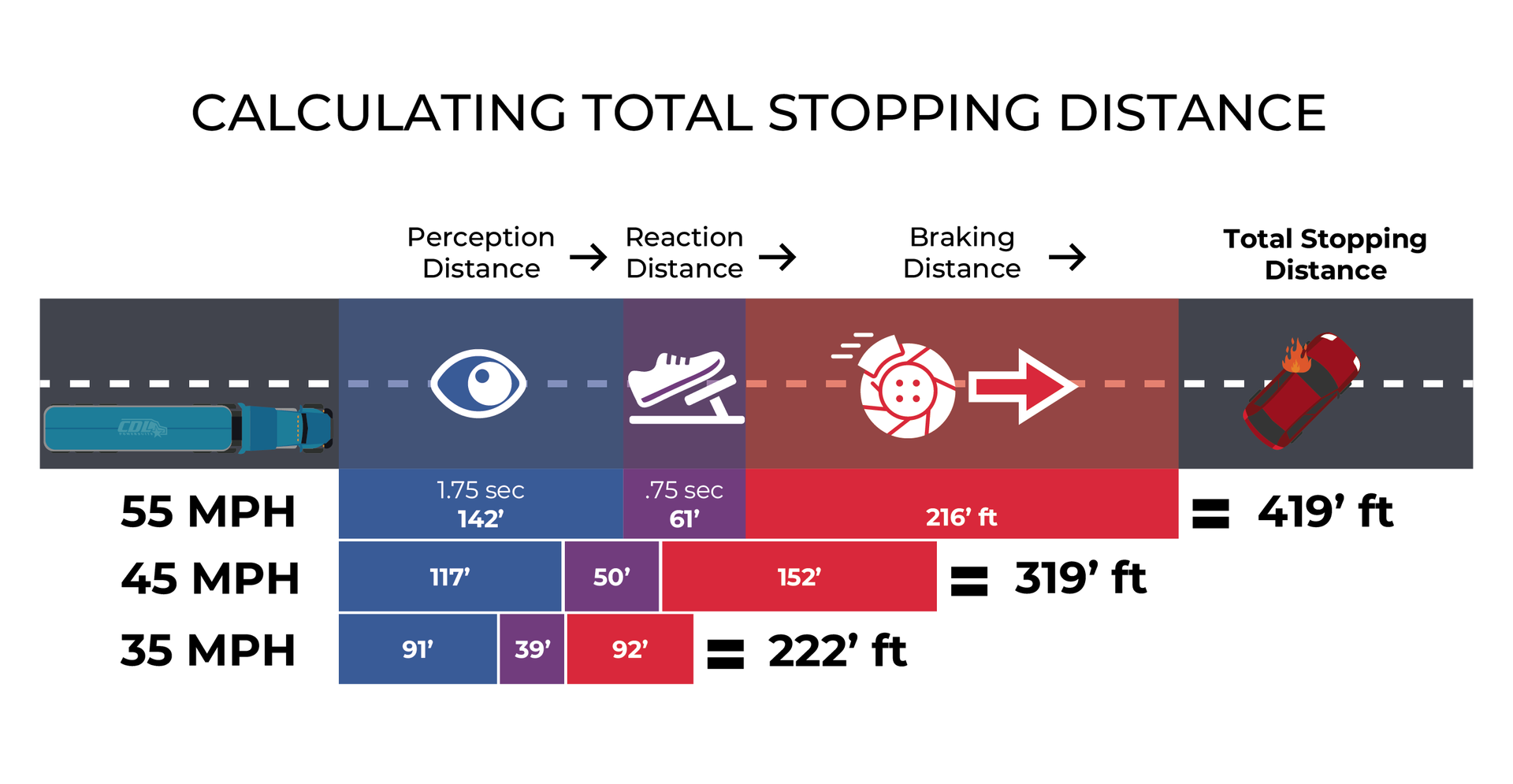
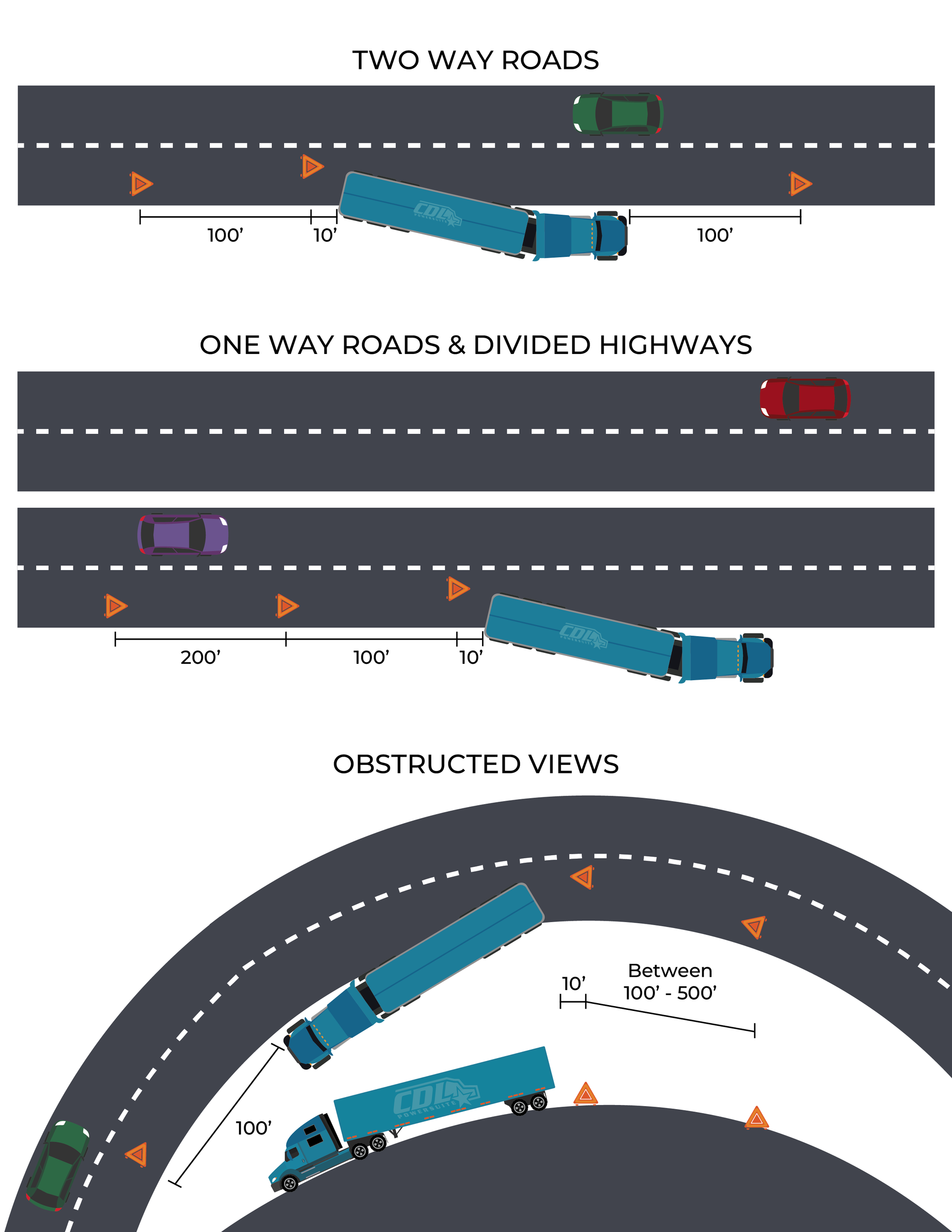
Contact Us
3620 N Eden Rd, Spokane Valley, WA, 99216
Associate Members of
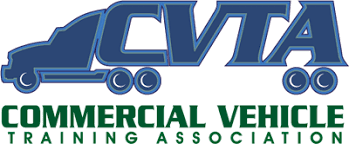
Pages
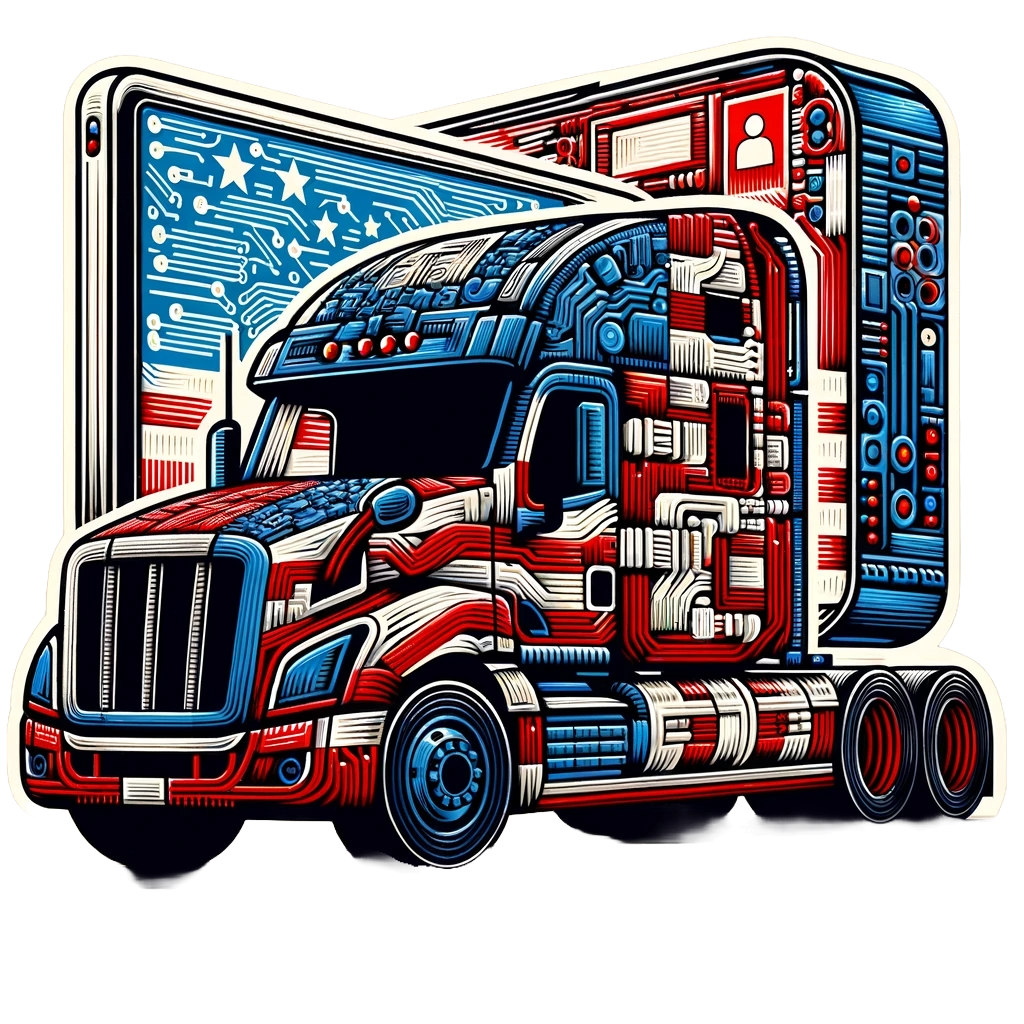
Made in the USA
SOFTWARE DEVELOPED ONSHORE
Stay Informed
All Rights Reserved | CDL PowerSuite™


